The internet is awash with what psychologist Caroline Anderson refers to as “pop psychology”, citing a so-called magic number of friends to aim for.
“You’ll often read that having three to five friends is a nice amount. But I think it’s as simple as having one close connection,” she says.
“We can have many connections around us, but if those connections aren’t meaningful – if they’re not based around emotional intimacy, developing trust, giving back and connection – then they aren’t going to be that effective anyway.”
So, rather than thinking about quantity, focus on the quality and variety of your friendships, says Ms Anderson.
“Think about the strength of your connections. The types of friendships are important too. Friends can play different roles in our lives and we can have different friends for different kinds of relationships.”
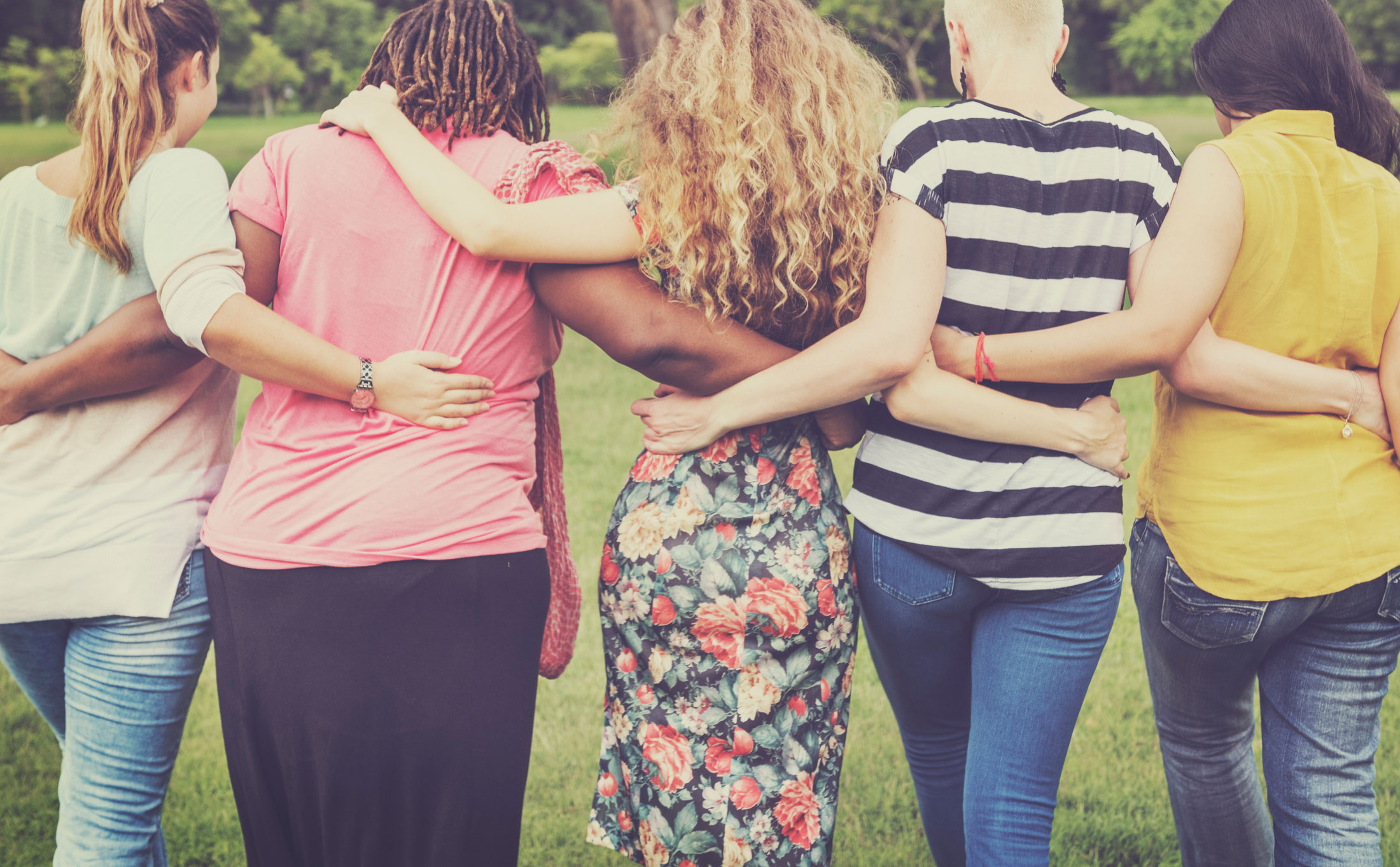
According to Ms Anderson, having close bonds with people actually fulfils a deep evolutionary need.
(Credit: Getty Images)Deep connections and deeper sleep
From deep friendships to mates (and workmates) that you share good times or a funny story with, the importance of human connections in life is in fact no laughing matter.
“If you think about our evolution as human beings, we are really designed to be in social groups,” she says.
“[As part of a tribe] we could hunt larger amounts of food that we couldn’t do by ourselves. We could build better shelter, have better protection from predators.
“Today, we have these huge societies and very complex social networks, but that desire to still have a close-knit community around us for our safety is really important.”
So crucial are these connections that, according to some researchers, the human brain evolved with a clever protective mechanism which kicks into gear when we’re socially isolated.
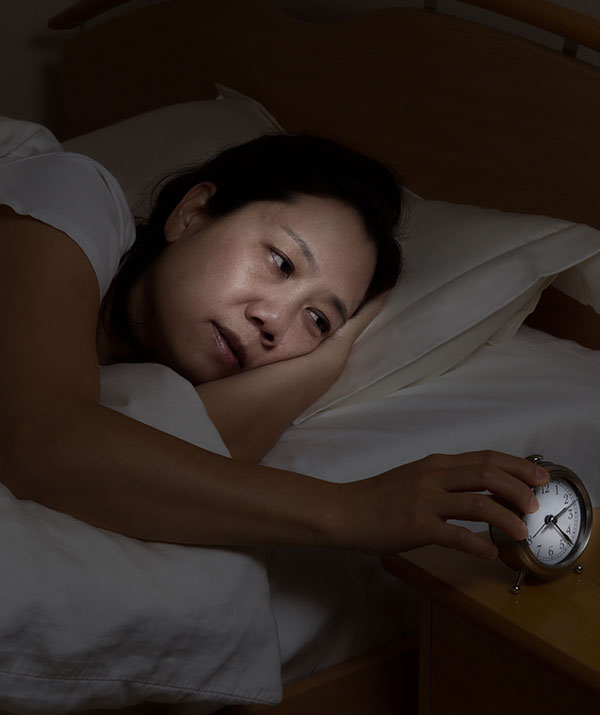
A lack of truly meaningful relationships could have you reaching to check the clock throughout the night.
(Credit: Getty Images)“In one particular study,” explains Ms Anderson, “the participants who described themselves as lonely had more of what’s known as ‘micro-awakenings’ in their sleep.”
Micro-awakenings are small moments in which you wake up mid-sleep, but don’t remember; just short snippets of time where you rise a little from your slumber.
“The theory behind this link is if you’re lacking social connection and support, you don’t feel safe when you’re going to sleep,” says Ms Anderson.
“If something bad were to happen in the middle of the night, there’s no one out there to protect you.
“Early humans literally weren’t safe when they were asleep and away from their tribe. So, [if you’re lonely], your brain won’t let you go into a full sleep mode.”
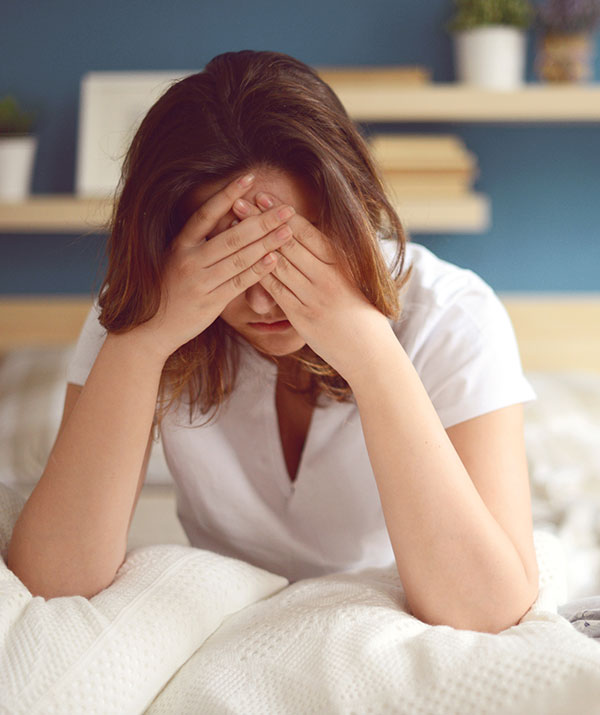
Poor sleep could be a sign that you’re feeling lonely, even subconsciously.
(Credit: Getty Images)Lighten your mental health load
As well as potentially getting a better night’s sleep, one of the more obvious mental health benefits of friendship is simply having someone to share your day-to-day life with, says Ms Anderson.
“The process of just being able to say things out loud, in itself, is an incredibly healing and therapeutic thing to do,” she says. “Sharing your experiences, thoughts, feelings… your ups and your downs.
“Then there’s all the fun stuff that comes with having friends – being able to engage in activities together.”
For those struggling with depression and/or anxiety, giving a voice to what you’re going through can bring particular benefits, says Ms Anderson.
“A really important intervention [or practice] that I do with my clients is slowly encouraging them to have the strength and courage to open up to their friends about what they’re going through,” she says.
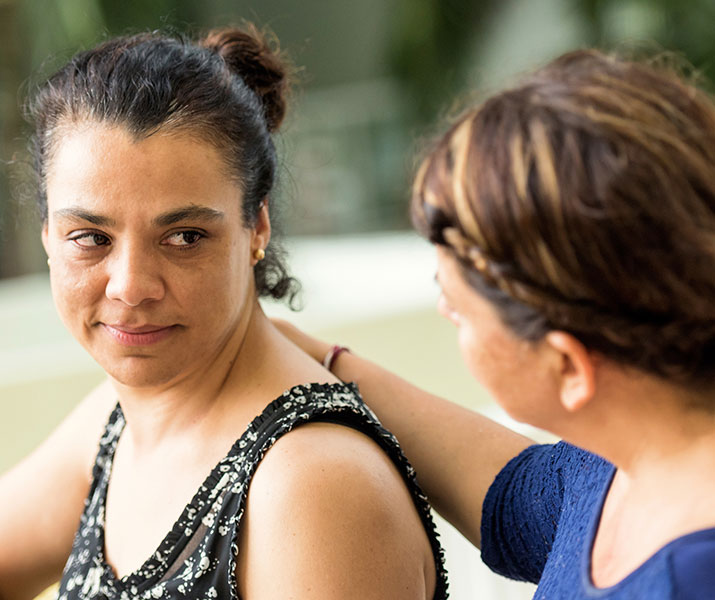
Speaking about what you’re feeling and going through can be therapeutic and healing.
(Credit: Getty Images)“My clients often say, ‘Yeah, I’ve got these friends around me, but no, I could never tell them that I’m seeing a therapist or that I’m struggling with depression or on antidepressants’,” she says.
“In all honesty though, it can be one of the most powerful things that happens. When they do start talking about their mental health issues, a lot of the time their friend will say ‘I’ve had that too’, or ‘my mum/my friend has gone through something similar’.
“So it really normalises these issues. And just to be heard and supported, even if the friend just listens and does nothing else, can be incredibly powerful.”
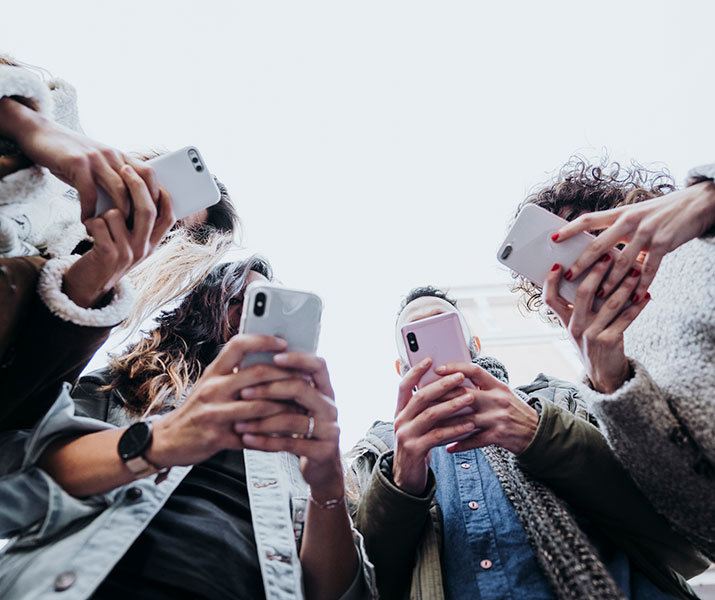
A face-to-face is always better than communicating through media, says Ms Anderson.
(Credit: Getty Images)Social media vs socialising
With so many connections taking place on social media these days, do we still need to spend time with friends in real-life to get the benefits? Absolutely, says Ms Anderson.
“There is a small connection that happens over social media. You can be in the loop about where people are or what they are doing, for example, but in terms of a benefit to our wellbeing, it’s the face-to-face connection that really makes a difference.”
Published with the permission of Jean Hailes For Women’s Health
To learn more about meaningful friendships and relationship and how they affect your well-being, check out Jean Hailes, or call toll-free 1800 1800 JEAN HAILES (532 642).
This story is published as part of a promotion for Women’s Health Week 2019, 2-6 September. Read more about this fantastic event on their website. Sign up to start making positive changes today!
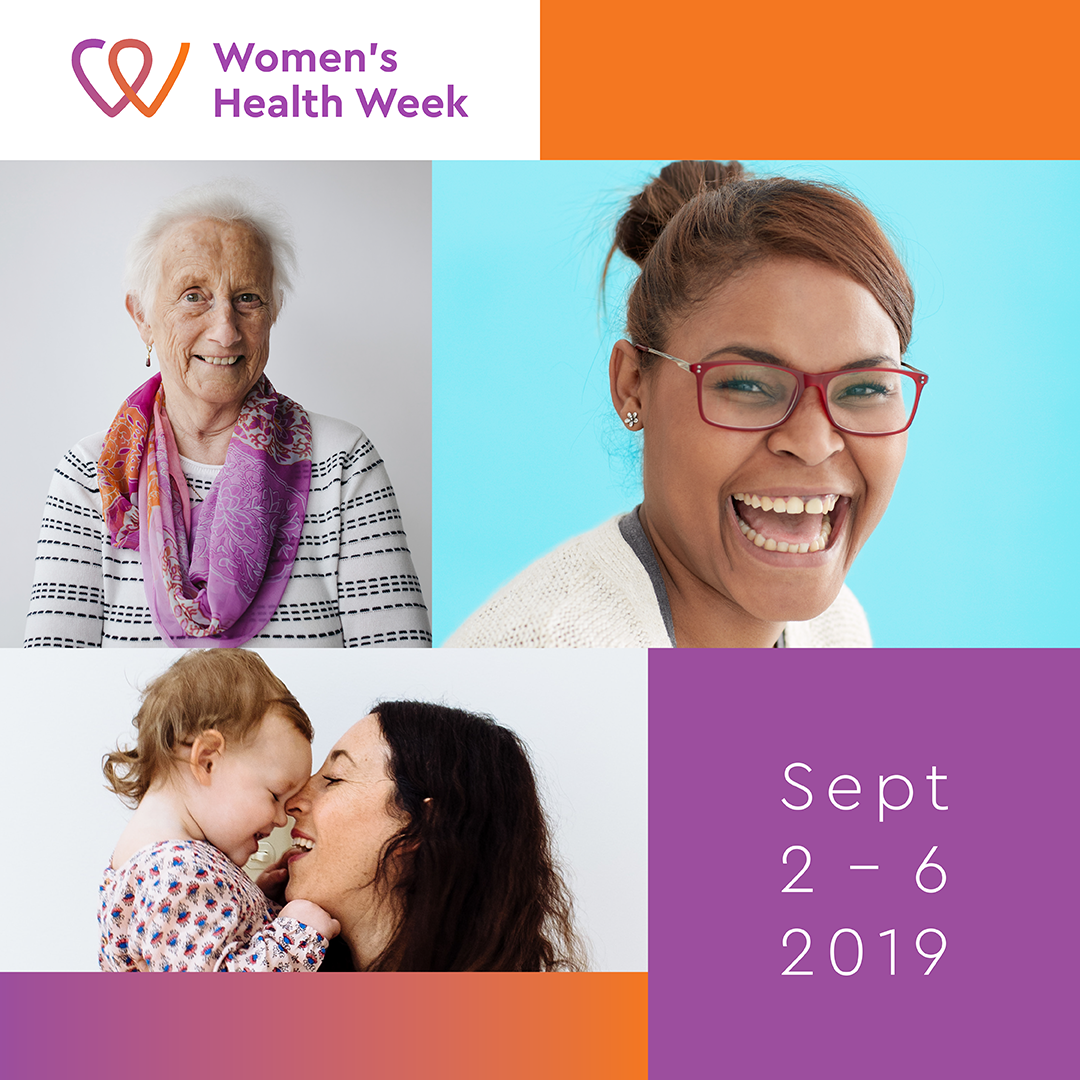
Women’s Health Week is happening from September 2nd until 6th.

